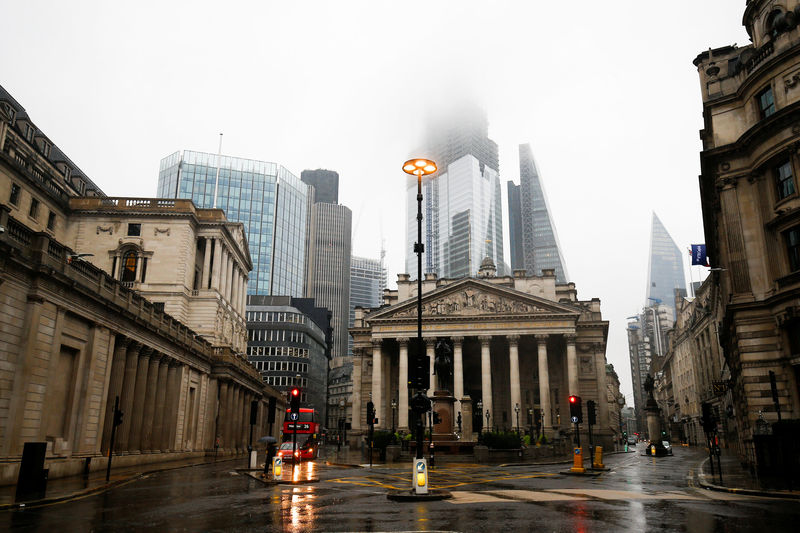Investing.com - The Bank of England faces an "increasingly tricky" interest rate path as policymakers grapple with worries around the UK government's fiscal position and tepid growth expectations, according to analysts at Morgan Stanley (NYSE:MS).
Despite data last week showing that annual consumer price inflation in Britain was cooler than anticipated in December, the 10-year gilt yield has recently touched its highest level since the 2008 financial crisis, the analysts flagged in a note to clients. Bond yields tend to move inversely to prices.
Last week, the spread between UK government debt and its counterpart in Germany also moderately exceeded the peak touched during the Britain's mini-Budget crisis in 2022, they added.
Although they noted that a related jump in US benchmark 10-year Treasury yields may have influenced the sell-off, the analysts led by Seth Carpenter said the gilt moves were "exacerbated" by fiscal concerns.
"[H]igher debt servicing costs have put public finances under pressure and brought fiscal sustainability back into focus," they wrote. Pay hikes for public workers could end up being greater than anticipated as well, placing greater strain on Britain's coffers, they argued.
The mounting debt expenses, along with weak forecasts for UK economic activity and increases in market-based inflation estimates have all subsequently complicated the BoE's interest rate outlook, the analysts said.
Economists broadly expect the BoE to slash interest rates four times in 2025 to help prop up growth, although upside risks to inflation could lead officials at the central bank to do less, Reuters has reported. Interest rate futures widely see two drawdowns, reflecting fears around volatility in bond markets due to US President Donald Trump's plans for possible universal import tariffs.
In December, the BoE left interest rates unchanged, taking a gradual approach towards easing its monetary policy amid lingering price pressures. Policymakers voted 6 to 3 to keep the Bank Rate at 4.75%, instead of the 7-2 split expected, after having cut by 25 basis points in November.
Whether or not the January inflation data shows a reacceleration in crucial -- albeit more volatile -- prices of items like airplane tickets and hotels, the Morgan Stanley analysts still expect "more rate cuts than the market is pricing and expect data and BoE communication to push the repricing".
(Reuters contributed reporting.)
